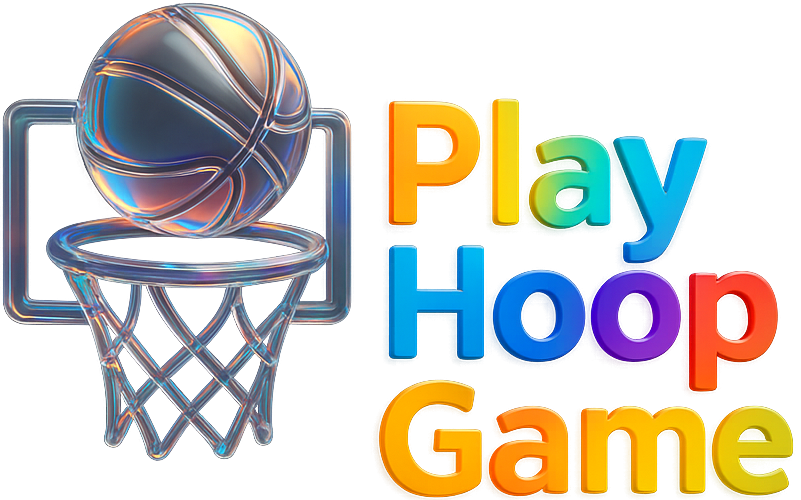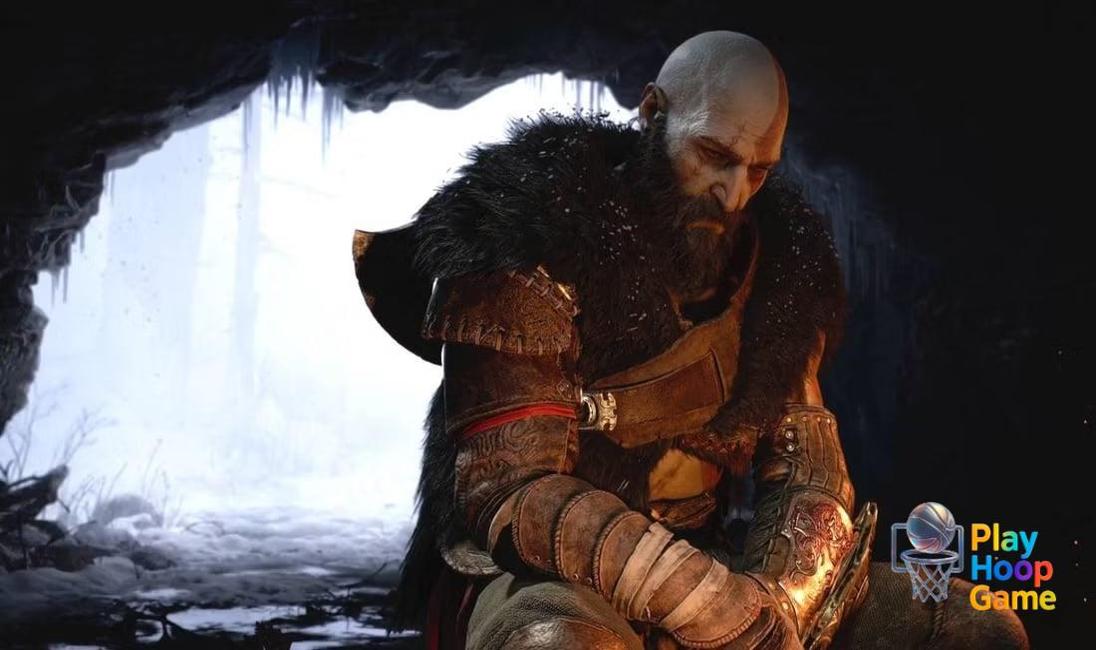The Top 20: A PlayStation Bestseller Autopsy (and Why It Makes Me a Little Blue)
Okay, let's dive into the heart of the matter, shall we? We're talking about the top 20 best-selling games ever on PlayStation in the U.S. You might be expecting a celebratory fanfare, but honestly? The list reads more like a eulogy for innovation. Now, don't get me wrong, some great games sold well, but the overall picture feels… safe. Dominated by franchises, sequels, and titles that played it pretty close to the vest. Where's the wild experimentation? Where are the risks that redefine genres?
I remember when I first started gaming, back in the PS1 era. Everything felt new, every title was pushing some boundary or another. Sure, there were sequels, but even those felt like bold leaps forward. Think Metal Gear Solid changing the stealth genre entirely, or Final Fantasy VII's cinematic storytelling. It felt like the industry was running on pure creativity back then. Discover fun online games!
But today? Looking at the top sellers, I see a lot of repetition. A lot of… well, the same thing, but shinier. Is that what gamers really want? Or is it what they're told to want?
Franchise Fatigue: A Real Problem or Just Me Being Cranky?
Let me try to explain more clearly. It's not that I hate franchises. Some of my favorite games are part of long-running series. But there's a point where a franchise becomes a brand, and the games become more about maintaining that brand than pushing creative boundaries. Think about it: how many sequels are just… more of the same? How many introduce genuinely new mechanics or tell compelling stories?
I initially thought it was just nostalgia goggles clouding my vision. Maybe I'm just getting old. But then I look at the indie scene, at games like Hollow Knight, Undertale, or Disco Elysium – games that took massive risks and carved out their own niche. And I think, no, there's still room for innovation. It's just not happening at the top of the charts. And on that note, you should check out these indie JRPGs!
The Rise of the “Safe Bet”
Think about the risk. Big publishers don’t want to take the risk on an unproven property when they could spend the same amount of money marketing a sequel. A guaranteed return on investment, right? Actually, that's not quite right. What about smaller studios? A small studio could create a hit indie game with a fraction of the budget of a AAA title. That's where the real innovation happens!
But, the fact remains, it's hard to get mainstream attention when you're competing against marketing juggernauts. So, we end up with a list of top sellers that are, let's be honest, pretty predictable.
I keep coming back to this point because it's crucial: Are we, as gamers, settling for less? Are we rewarding studios for playing it safe? Or is the market just so risk-averse that only the safest bets can succeed? Food for thought. And also, check out this article about the new Hollow Knight game!
The frustrating thing about this topic is that it's not a simple problem. There are economic factors, marketing pressures, and plain old consumer preferences at play. But I think it's worth questioning why the best-selling games don't always reflect the best games. Why innovation often gets overshadowed by familiarity.
FAQ: PlayStation Bestsellers and the State of Gaming
Why are sequels so dominant on bestseller lists?
Good question! Sequels have a built-in advantage: brand recognition. Gamers are already familiar with the characters, world, and gameplay mechanics, which reduces the risk of purchasing something unknown. Plus, big publishers often have massive marketing budgets to promote sequels, ensuring they reach a wide audience. It's a self-perpetuating cycle: familiar titles sell well, so publishers keep making them. This is not inherently a bad thing, so long as there are other projects being worked on that expand the boundaries of the industry.
How can indie games compete with AAA titles?
It's a David vs. Goliath situation, but indie games have a few key advantages. They can take more creative risks, experiment with new mechanics, and tell unique stories without the pressure of appealing to a mass market. Word-of-mouth, online communities, and indie-focused publications can also help them reach a dedicated audience. Many consumers want something different than the yearly titles put out, and indie games provide that.
Is it really “sad” that familiar franchises sell well?
“Sad” might be a bit dramatic, I admit. It's more…disappointing. It's not that these games are bad, it's just that the lack of diversity among the top sellers suggests that the market is overly risk-averse. When new and innovative games struggle to break through, it limits the creative potential of the industry as a whole. Does anyone disagree with this? Let me know!
How can I find more innovative games on PlayStation?
Great question! Start by exploring the indie section of the PlayStation Store. Look for games that have won awards or received critical acclaim. Also, pay attention to gaming publications and online communities that highlight innovative titles. Don't be afraid to step outside your comfort zone and try something new – you might just discover your next favorite game. Also, look into demos! Demos can be a great resource to see whether or not a new game will be a fit for you.

























